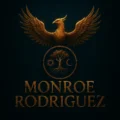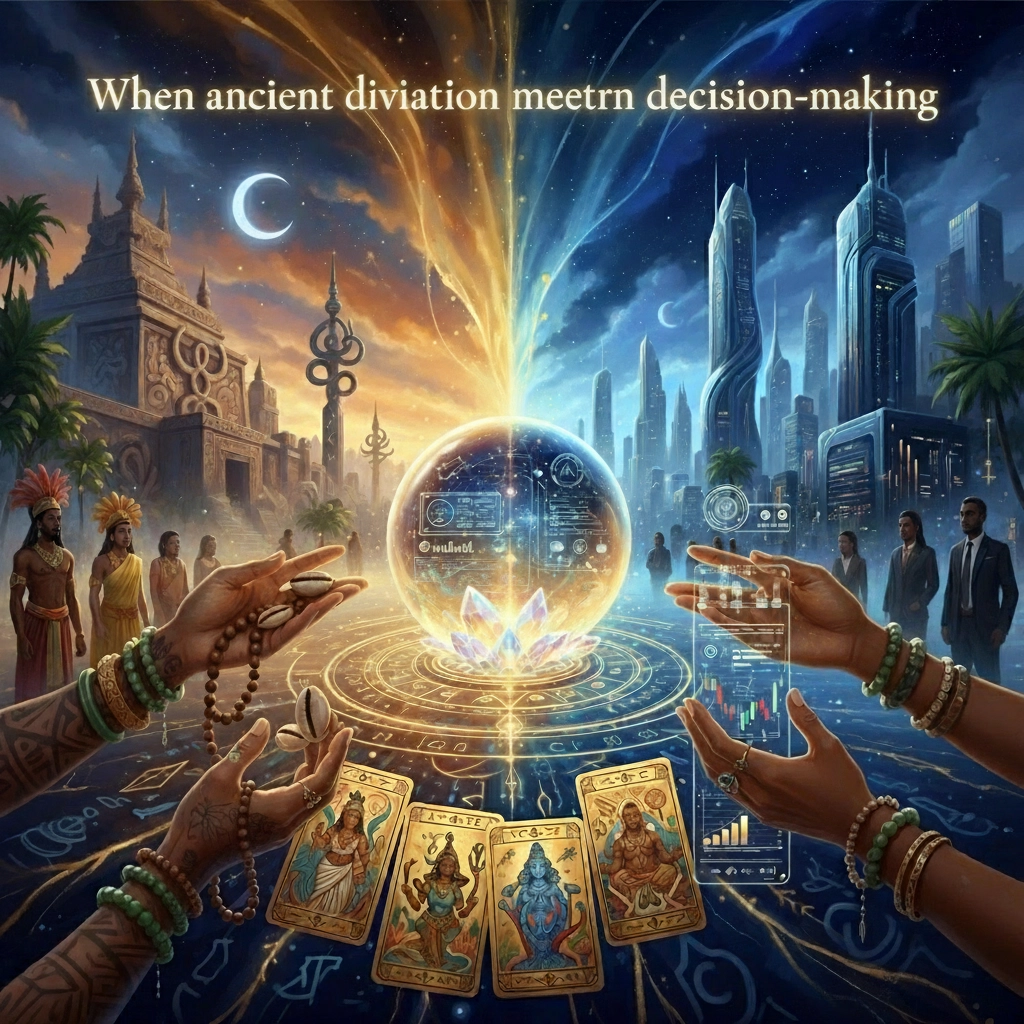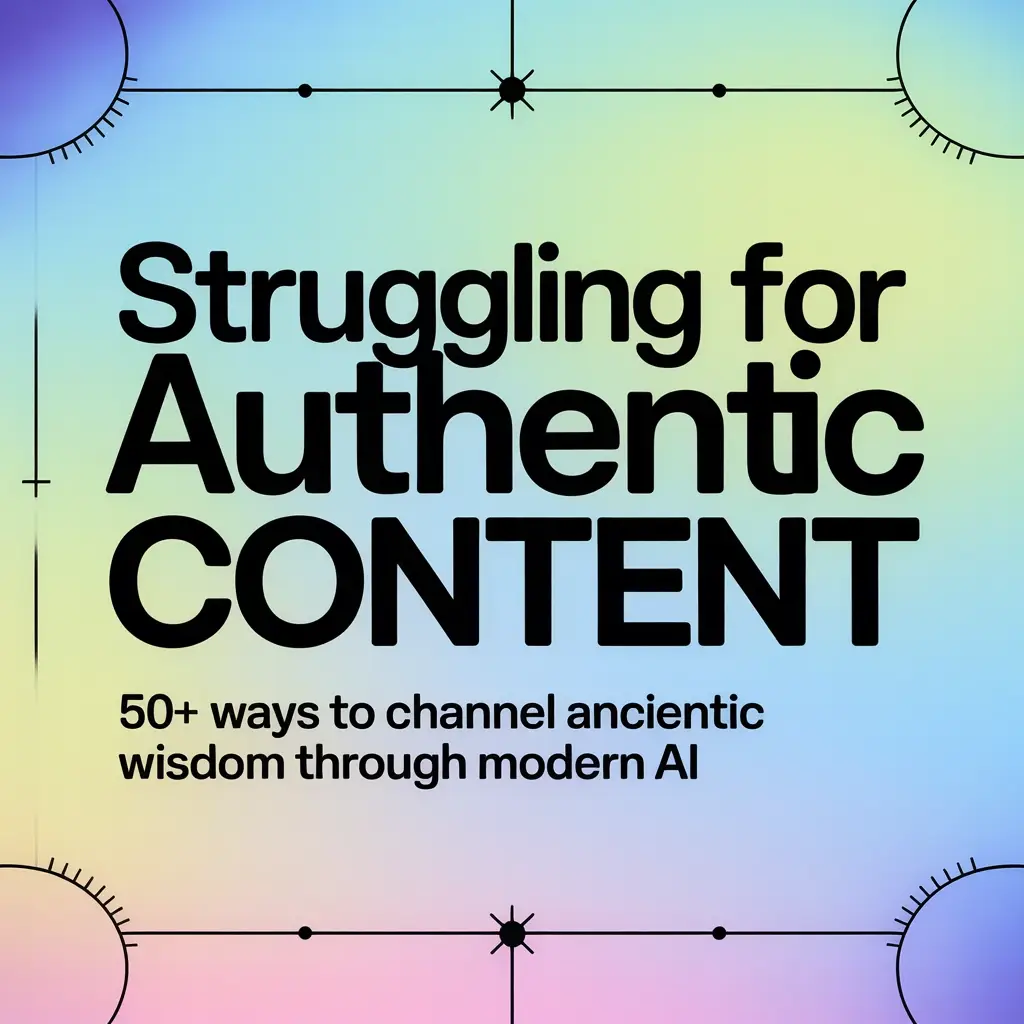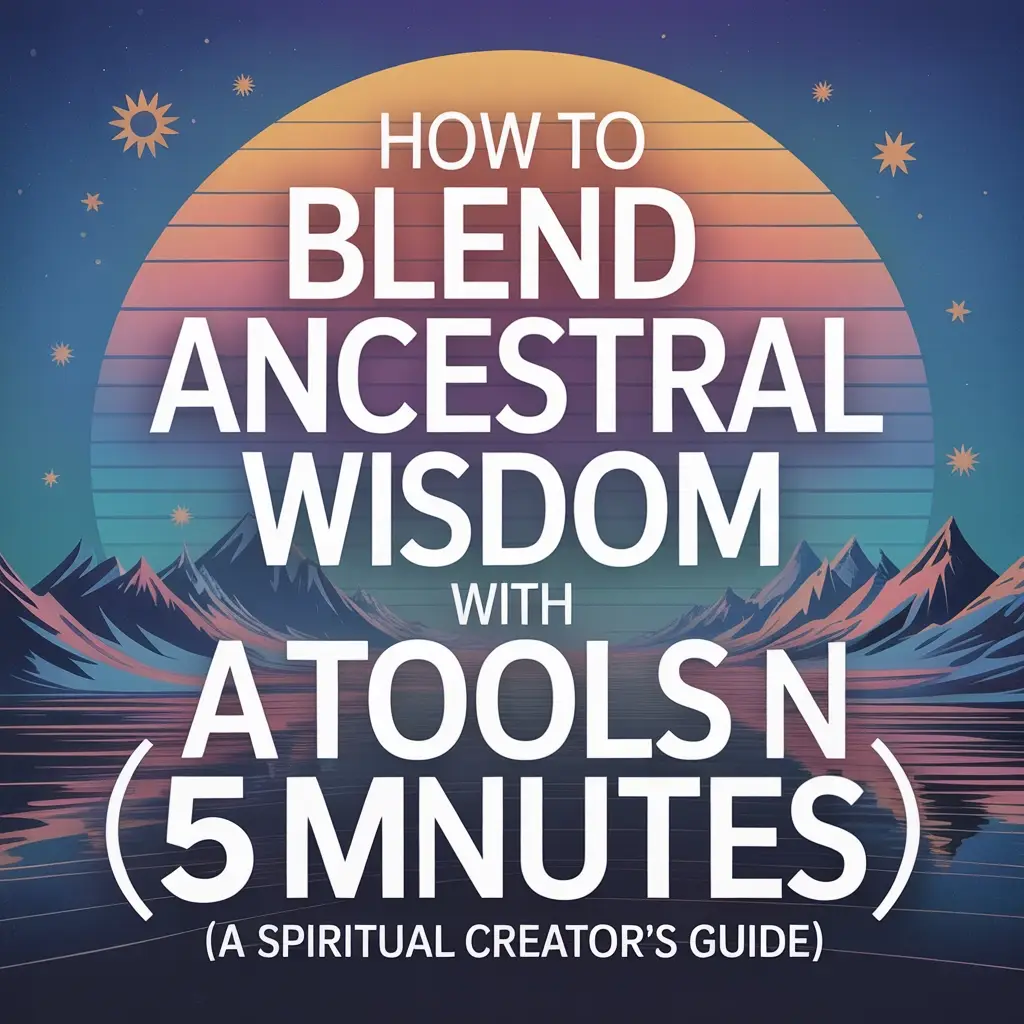Ancient divination systems share surprising similarities with modern decision-making frameworks. Both address fundamental human challenges around uncertainty, responsibility, and group consensus. Understanding these connections reveals practical insights for contemporary choice-making processes.
The Real Function of Ancient Oracles
Historical evidence shows most ancient oracles provided commands rather than predictions. The Delphic Oracle typically offered religious guidance and decision frameworks. People sought advice and reassurance, not information about future events.
Ancient Greeks viewed the future as malleable rather than predetermined. Divination served as a tool for navigating uncertainty, not discovering fixed outcomes. This approach mirrors modern strategic planning methods that focus on adaptability rather than precise forecasting.

Decision Responsibility and Collective Choice
Mesopotamian kings used divination to distribute decision responsibility across divine authorities. This system allowed leaders to escape direct accountability for difficult choices. The process involved consensus-building among multiple divine entities, creating legitimacy for complex decisions.
Modern organizational structures employ similar mechanisms. Corporate boards, advisory committees, and consensus-building processes serve analogous functions. Leaders distribute responsibility while maintaining decision legitimacy through institutional frameworks.
The psychological burden of choice remains consistent across cultures and time periods. Jean-Paul Sartre identified anxiety as inherent in freedom of choice. Both ancient and modern systems address this anxiety through structured decision processes.
Guidance Over Prediction
Ancient divination emphasized guidance for action rather than specific forecasts. People requested direction on immediate choices, not detailed future scenarios. This practical approach focused on actionable insights within current contexts.
Contemporary decision-making methods follow similar patterns. Strategic planning, risk assessment, and scenario planning prioritize robust action frameworks over precise predictions. Organizations develop adaptive strategies that respond to changing conditions rather than fixed future states.
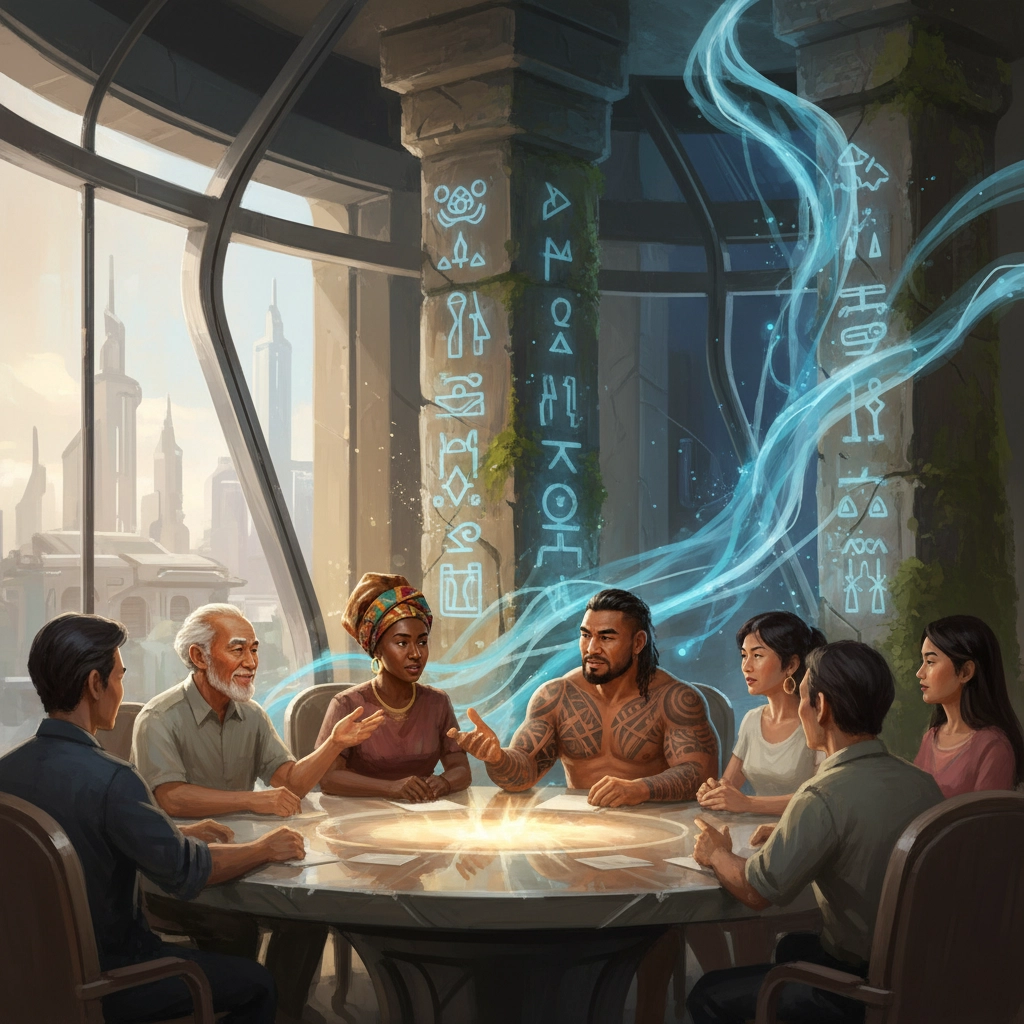
Consensus Mechanisms and Group Dynamics
Ancient divination incorporated sophisticated consensus-building protocols. Mesopotamian systems required agreement among divine entities while allowing for dissent. Group members could express disagreement or abstain without blocking decisions entirely.
These protocols parallel modern deliberative processes. Corporate governance, collaborative decision-making, and group facilitation methods employ similar consent-based approaches. The emphasis on achieving agreement while accommodating minority views reflects advanced understanding of group dynamics.
Effective consensus mechanisms balance individual input with collective outcomes. Ancient systems demonstrated this balance through structured consultation processes that modern organizations continue to refine.
Time Perception and Uncertainty Management
Ancient divination operated on non-linear time concepts. The future remained malleable and responsive to present actions. This perspective enabled dynamic interaction between current decisions and eventual outcomes.
Modern decision theory incorporates similar temporal flexibility through feedback loops, adaptive management, and iterative planning processes. Organizations adjust strategies based on ongoing results rather than adhering to static long-term plans.

Uncertainty management remains a core function of both systems. Ancient practitioners helped communities navigate unknown variables through structured inquiry processes. Modern facilitators employ comparable techniques to address organizational uncertainties.
Contemporary Applications
Divination-inspired thinking persists in various modern contexts. People use structured reflection methods when facing complex choices. These approaches provide clarity and decision frameworks during periods of uncertainty.
Community leadership still incorporates collective consultation processes. Traditional and modern societies combine individual expertise with group wisdom to address challenging decisions. Political contexts sometimes employ similar methods for legitimizing policy choices.
Strategic planning retreats, visioning sessions, and structured deliberation processes serve comparable psychological and social functions. These frameworks provide collective sense-making, legitimacy building, and responsibility distribution.
Practical Decision-Making Elements
Several elements from ancient systems remain relevant for modern applications:
Structured inquiry processes help clarify decision parameters and available options. Ancient divination used specific questioning formats that modern facilitators adapt for organizational contexts.
Responsibility distribution reduces individual decision burden while maintaining accountability. Both systems acknowledge the psychological weight of consequential choices.
Consensus building incorporates multiple perspectives while maintaining decision efficiency. Ancient protocols balanced individual input with collective outcomes.
Uncertainty acknowledgment accepts limitations in predicting future outcomes. Both approaches focus on robust decision frameworks rather than precise forecasting.
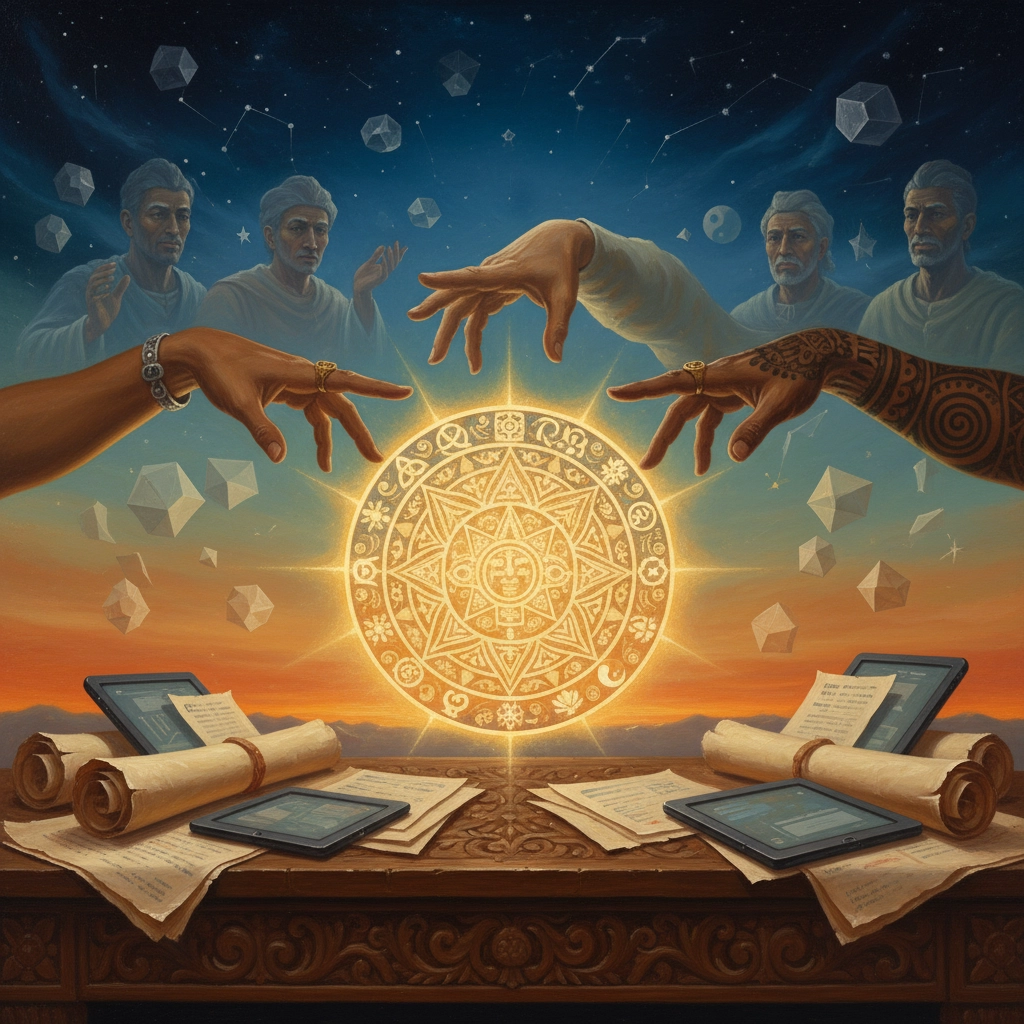
Implementation Strategies
Organizations can incorporate these principles through several practical approaches:
Develop structured consultation processes that gather input from relevant stakeholders while maintaining clear decision authority. Ancient divination systems balanced divine input with human interpretation.
Create responsibility-sharing mechanisms that distribute decision weight across multiple participants. This reduces individual anxiety while maintaining institutional legitimacy.
Establish consensus protocols that allow for dissent and abstention without blocking group decisions. Effective systems accommodate minority views within majority frameworks.
Focus on adaptive strategies rather than fixed long-term plans. Ancient systems emphasized responsive guidance over predetermined outcomes.
Psychological Insights
Both ancient and modern systems address fundamental human needs around choice-making. The anxiety associated with significant decisions remains consistent across cultures and historical periods.
Collective decision processes provide psychological support while distributing outcome responsibility. Individual decision-makers benefit from institutional frameworks that legitimize difficult choices.
Structured approaches reduce decision paralysis by providing clear inquiry processes and evaluation criteria. Both systems offer methodologies for addressing complex choices systematically.
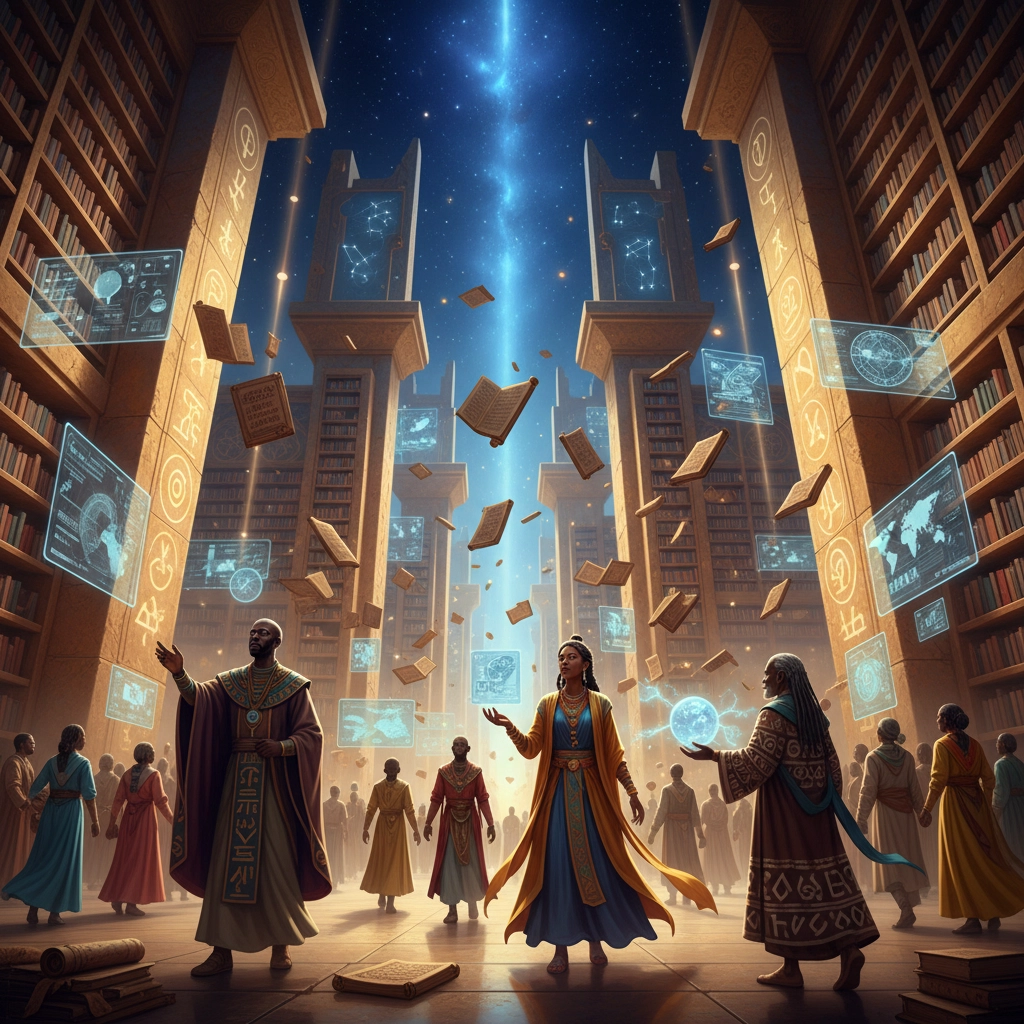
Integration Opportunities
Modern decision-making can benefit from ancient insights without requiring supernatural beliefs. The practical elements of consultation, consensus-building, and structured inquiry remain valuable regardless of metaphysical assumptions.
Organizations might adapt these approaches by creating formal consultation processes, developing responsibility-sharing mechanisms, and establishing clear decision frameworks that acknowledge uncertainty while enabling action.
The enduring appeal of both ancient and modern variants suggests that fundamental human needs around choice-making remain constant. Rather than representing primitive thinking, ancient systems demonstrate sophisticated understanding of decision psychology and social dynamics that continue informing contemporary approaches.
These connections reveal that effective decision-making systems address consistent human challenges: managing uncertainty, building consensus, distributing responsibility, and providing frameworks for action under complex conditions. Understanding these parallels offers practical insights for improving modern organizational and individual choice-making processes.
